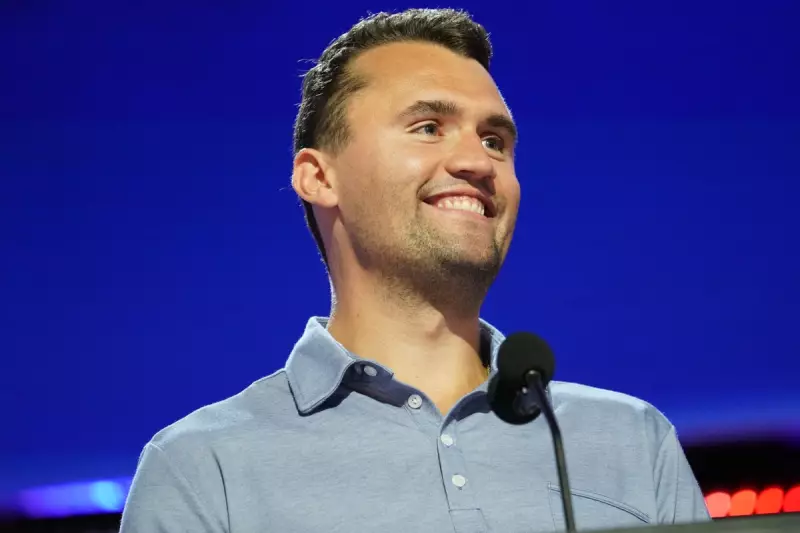
A prominent church in Texas has ignited a firestorm of controversy and ethical debate after it deployed a convincingly cloned artificial intelligence voice of right-wing activist Charlie Kirk to deliver a sermon to its congregation.
The incident, which blurs the line between technology and morality, involved the church playing a video featuring the AI-generated voice of the Turning Point USA founder, purportedly delivering a religious message he had never actually written or spoken.
The Sermon He Never Gave
During a service, congregants were shown a video that presented a flawless audio clone of Mr. Kirk's distinctive voice. The AI-generated narration spoke about faith and principles, leading attendees to believe they were listening to a genuine recording of the conservative commentator. The church has since acknowledged the use of the AI technology, framing it as an innovative tool for outreach.
Kirk's Fury and the Backlash
The real Charlie Kirk responded with fury upon learning of the unauthorized use of his digital likeness. He took to social media platform X to condemn the act, labelling it as "demonic" and a form of identity theft. His strong reaction highlights a growing concern among public figures about the potential for AI to misuse their persona without consent.
"This is wildly inappropriate," Kirk stated, emphasising that he had no prior knowledge of or involvement with the project.
Broader Implications for AI Ethics
This scandal arrives amidst intense global scrutiny of rapidly advancing AI capabilities. The ease with which a person's voice can be cloned and repurposed raises alarming questions about consent, misinformation, and the potential for large-scale manipulation.
Experts in tech ethics warn that this case is a harbinger of challenges to come. The ability to generate convincing deepfakes could be exploited to spread false information, damage reputations, or even manipulate financial and political systems.
This event in Texas serves as a stark, real-world example of the urgent need for clear legal frameworks and regulations governing the use of generative AI and deepfake technology.





